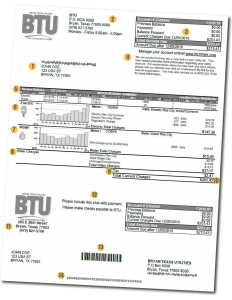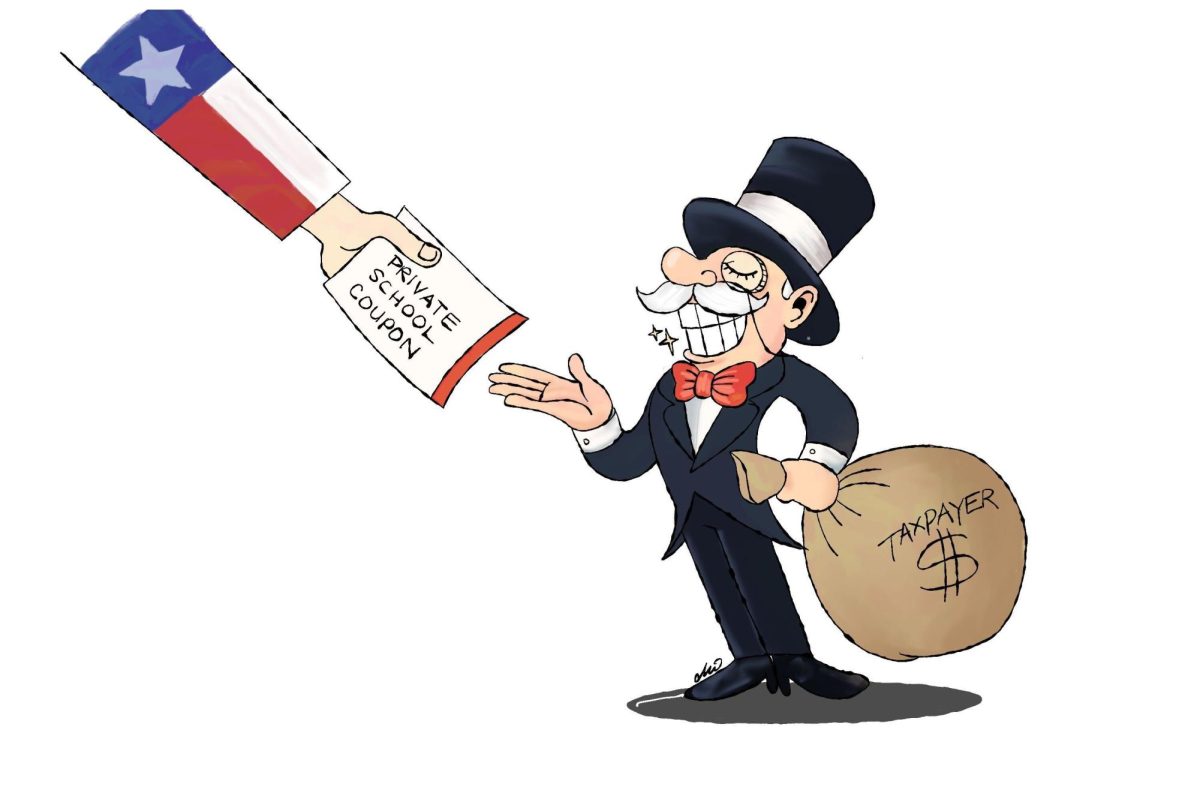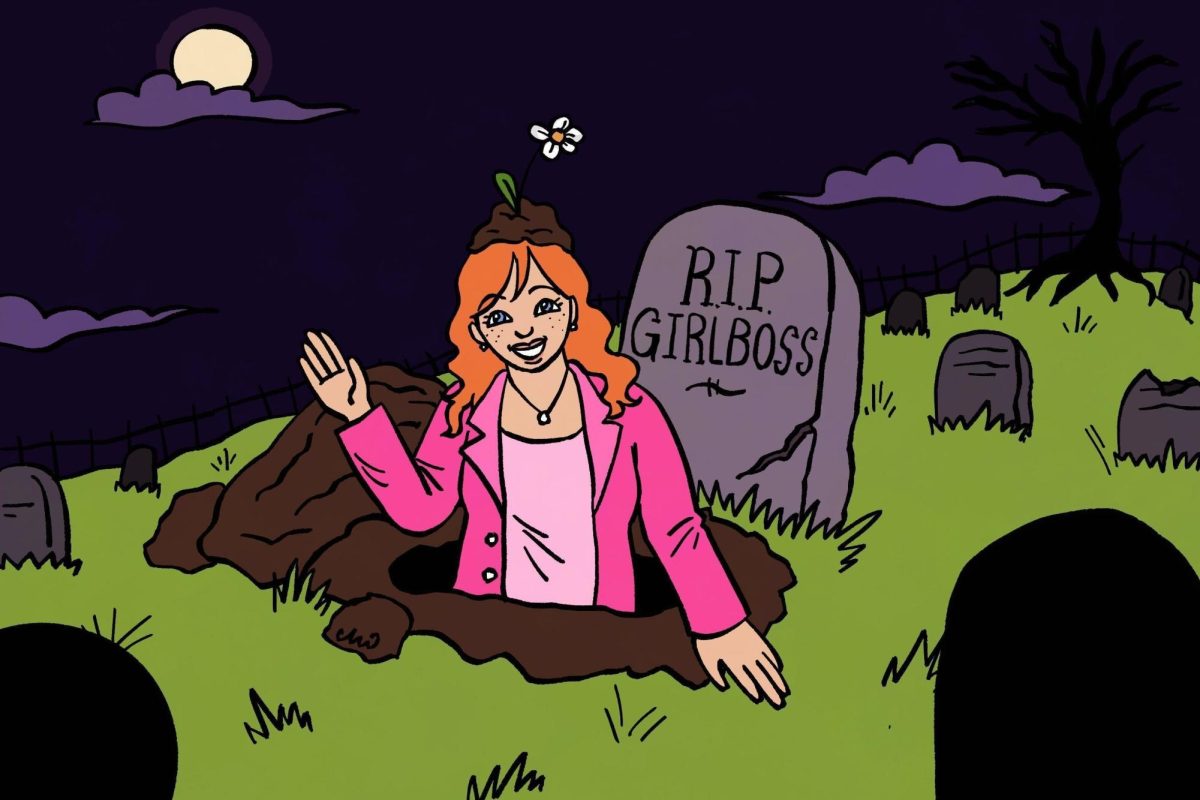With sunny, 70 degree days now the norm for Texas’ March weather, it’s hard to imagine parts of Texas were buried under 20 inches of snow just last month. As rage over the state’s failures in preventing the disastrous power outages fades from the public conscious, many Texans are stuck with a glaring reminder of the storm’s destruction — individual utility bills upward of $17,000.
Some providers — the now defunct Griddy, for example — offer customers electricity wholesale, meaning prices change based on the current demand for electricity. Typically, wholesale prices allow consumers to buy energy at a lower cost, but during the winter storm, prices increased by 7,400% until they were ultimately capped. The Electric Reliability Council of Texas, or ERCOT’s, Independent Market Monitor, or IMM, found in some instances prices soared past the $9,000/MWh cap to over $24,000/MWh. The IMM also found the high costs should have fallen on the evening of Feb. 17, but they instead persisted until Feb. 19. These inconsistencies created collective overcharges between three and 16 billion dollars.
Gov. Greg Abbott and state legislators put a hold on energy providers disconnecting services or charging bills during the winter storm. Weeks later, providers say they are willing to offer customers payment plans to address their five-figure debts.
Public Utility Commission, or PUC, Chairman Arthur D’Andrea announced last week that the commission was not going to retroactively lower or waive excessive prices. D’Andrea is the only member left on the board overseeing ERCOT after all his colleagues resigned following the winter storm blackouts. D’Andrea is a recent appointee himself, having replaced the former chairperson who resigned after the storm.
D’Andrea argues retroactively changing the price may be illegal and could end up leaving electric companies holding the bag instead, but some providers are already doing so. CPS Energy is currently suing ERCOT over the massive debt they incurred from the extra electricity they bought from ERCOT to keep the power on in San Antonio. As a result, they now owe over $300 million.
Some companies are considering leaving Texas because of their debts. College Station Utilities lost $48 million, though they say they have options for paying that money off.
Other providers, like Austin Energy, made net profits as high as $104 million by selling excess energy.
If energy prices were retroactively lowered, they would also be decreased for the companies in massive debt. Regardless, electric companies are far more capable of withstanding the costs than your average person paying back a $17,000 bill, especially in the current recession. Small businesses, including electric cooperatives, are eligible to receive stimulus funds from the $59 billion allocated to this group in the American Rescue Plan. Many providers may receive stimulus regardless, so why not use it as a cushion for companies to take the weight off consumers? The stimulus package also offers $25 billion in rental and utility assistance, which will be paid to landlords and energy companies directly.
Energy companies are about to have extra money meant to pay for hard times like these. Additionally, some energy companies saw a five to 10 percent increase in profits. Retroactively lowering the energy price would prevent these companies from reaping the rewards of having their customers pay out huge sums over the next decade. Frankly, the people of Texas can’t and shouldn’t pay for this. With everything that has befallen the average person in the last year, adding energy debts is just milking a dead horse.
The price hike is a failure of the market and a failure of Texas administrators, yet they’re telling Texans, “Tough luck, have fun carrying our bags.” When it comes down to it, D’Andrea can choose the people of Texas or its corporations. San Antonio Mayor Ron Nirenberg said if outrageous costs are forced on Texans, there will be “hell to pay” and that ERCOT needs to foot the bill instead. Independent monitors have advised the PUC to retroactively lower prices. Even Abbott and Lt. Gov. Dan Patrick have attempted to persuade D’Andrea to retroactively lower energy costs. Talk is cheap, more so than electricity in Texas, apparently. Action is needed, and if D’Andrea isn’t willing to act, then he needs to be replaced by someone who is.
Zachary Freeman is an anthropology junior and opinion writer for The Battalion.










